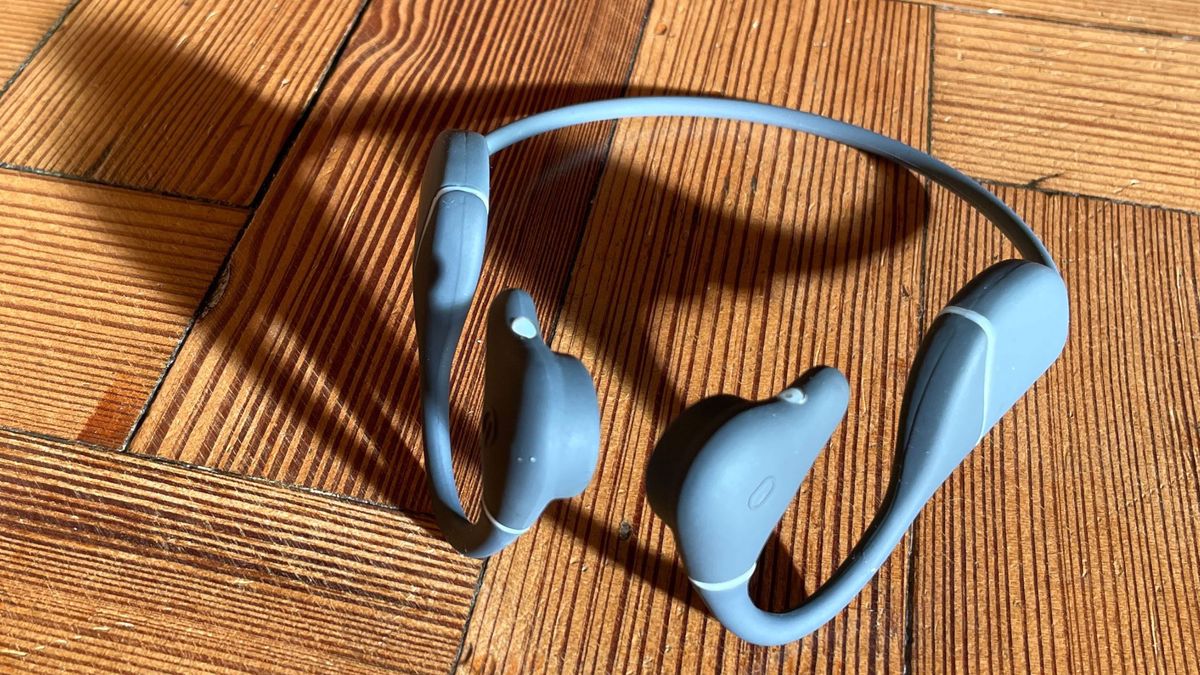Lenovo has received approval to release a range of new enterprise devices powered by Esper Foundation, a customized Android operating system, and bundled with a mobile device management (MDM) platform.
The first device to run on Esper Foundation is the Lenovo ThinkCentre M70a. This all-in-one desktop PC is equipped with an up to 12th-Gen Intel Core i9 CPU, 16GB DDR4 RAM, and up to 512GB SSD. Lenovo plans to release the Lenovo ThinkCentre M70q, M90n-1 IoT, and the ThinkEdge SE30 v2 machines by the end of 2023.
Esper Foundation, which is based on Android 11, offers customizable branding, peripheral compatibility, quarterly security patches, and three years of support. The MDM system allows for remote deployment, management, and updates of devices from a single view.
When asked about their choice of Android over Chrome OS, Johanny Payero, Lenovo’s director of global advanced solutions marketing and strategy, stated that Esper is specifically formulated for device management on an Android OS running on x86 platforms. This presents a unique opportunity for Lenovo to target market segments such as retail, hospitality, and digital signage appliances that heavily rely on Android-based deployments and require customization.
By integrating a custom version of Android into their PCs, Lenovo aims to provide an alternative to Windows and Google’s Chrome OS for businesses. Research from 451 revealed growing interest in running Android on x86 CPUs, with nearly nine out of ten respondents expressing interest. Lenovo’s collaboration with Esper is seen as a step forward in meeting evolving customer demands across various industries.
Esper Foundation, focused on niche industries like retail, hospitality, and healthcare, may pose a challenge to Windows in the enterprise market. Additionally, the rise of Android as an operating system could impact the market share of Chrome OS. While Lenovo still offers Chrome OS-powered devices, other manufacturers like Dell and HP, who currently lack Android-based devices, may seek similar collaborations with Esper or comparable platforms in the future.
This development indicates the potential competition and future shifts within the operating system landscape, particularly in specialized industries.




